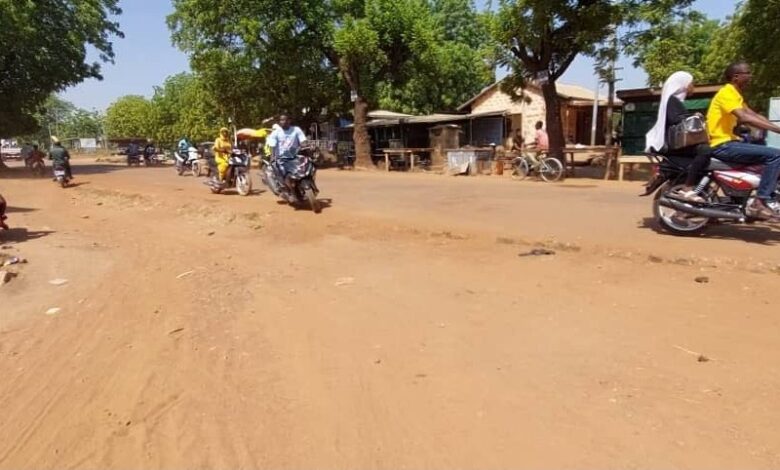Bawku conflict forces mass exodus of teachers, nurses, and workers

The escalating violence in Bawku has triggered a mass departure of both public and private sector workers, as rising insecurity continues to make the town and its surrounding areas increasingly uninhabitable.
Since the resurgence of conflict, over 300 lives have been lost, with the ripple effects pushing hundreds of essential service providers — including teachers, nurses, and other government workers — to abandon their posts and relocate to safer districts.
Many say they no longer feel safe living or working in Bawku, as fear and uncertainty grip the once-thriving municipality.
The protracted dispute between the Kusasis and Mamprusis has not only disrupted daily life but also eroded decades of progress in the town.
Schools have shut down or are operating with skeletal staff, health facilities are overstretched or closed, and local businesses are struggling to survive as more people flee the violence.
A recent outbreak of clashes on Wednesday further deepened fears.
A confrontation between local youth and the Ghana Police Service resulted in the death of one person and left four others with serious gunshot injuries.
Tensions flared when angry youth reportedly attempted to block market women from accessing one of the town’s key trading hubs.
The violence quickly escalated, with enraged youth allegedly retaliating by torching police installations, including the residence of the Divisional Police Commander.
A police vehicle and several checkpoints were also destroyed in the chaos, heightening concerns over the ability of security forces to maintain order.
For many professionals, the deteriorating security situation has made staying in Bawku an unbearable risk.
“We fear for our lives every day,” a fleeing nurse lamented. “It has become impossible to work under these conditions.”
As the crisis persists, the continued flight of critical workers threatens to deepen the region’s socio-economic challenges, leaving vulnerable communities without access to basic services and further entrenching instability in Bawku.



